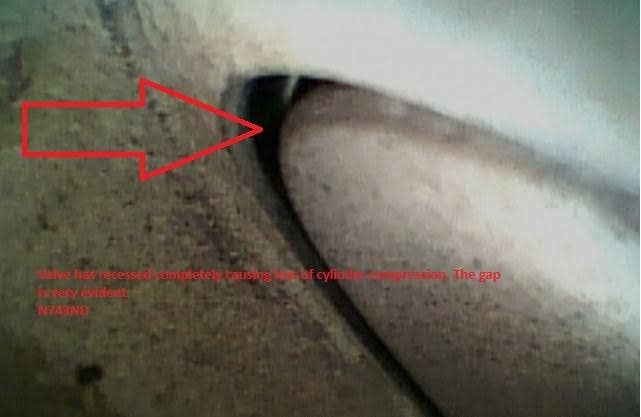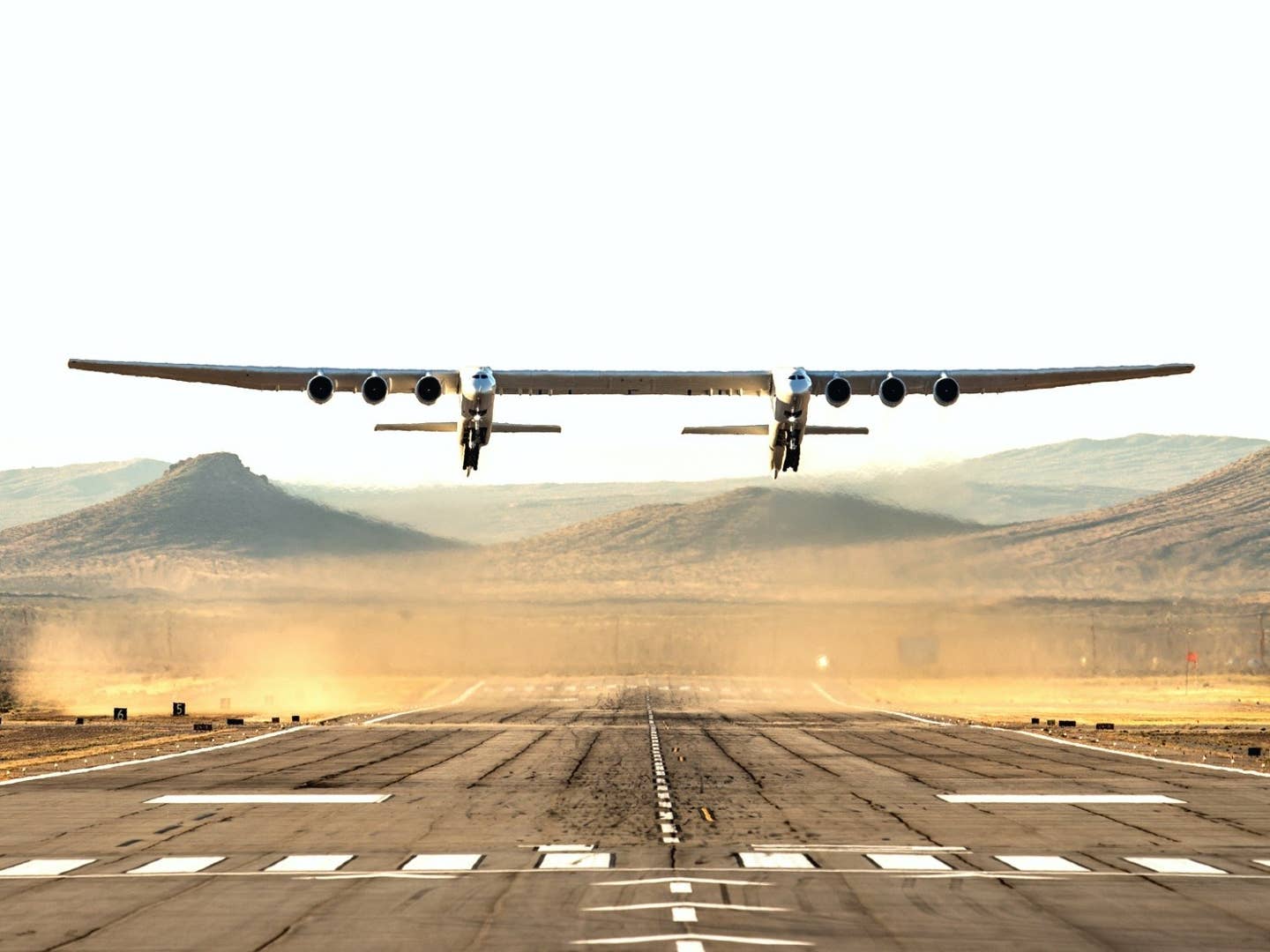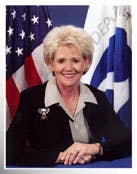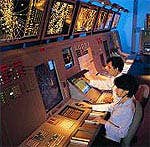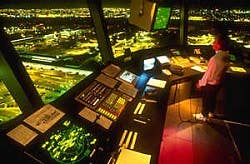Weapons Aloft
Heads of European aviation agencies will meet in Brussels tomorrow to discuss whether they want to allow armed sky marshals on commercial flights, but meanwhile, some U.S. pilots trying to go a step further — carrying their own (approved) weapons in the cockpit — are finding it a slow and painful process. “The TSA program as it exists now sets up barriers for pilots who want to participate,” Brian Darling, spokesman for the Armed Pilots Security Alliance (APSA), told AVweb yesterday. “The program needs to be fixed.” Only about 1,000 pilots have been trained so far, Darling said, while about 100,000 airline and cargo pilots are eligible.
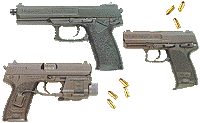
Guns Scarce In Cockpits...
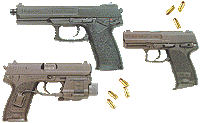 Heads of European aviation agencies will meet in Brussels tomorrow to discuss whether they want to allow armed sky marshals on commercial flights, but meanwhile, some U.S. pilots trying to go a step further -- carrying their own (approved) weapons in the cockpit -- are finding it a slow and painful process. "The TSA program as it exists now sets up barriers for pilots who want to participate," Brian Darling, spokesman for the Armed Pilots Security Alliance (APSA), told AVweb yesterday. "The program needs to be fixed." Only about 1,000 pilots have been trained so far, Darling said, while about 100,000 airline and cargo pilots are eligible. He estimates that thousands of pilots are willing to be trained, but are reluctant to volunteer because the TSA program has made such a bad impression. "We think TSA needs to promote the program, and make it more pilot-friendly," Darling said. "And we'd like to change the screening process to make it more objective." He said APSA also wants changes in the TSA's lockbox policy, which requires pilots to keep their weapons in a locked container when not in the cockpit. APSA is working in Washington to develop legislation that would promote those changes, Darling said.
Heads of European aviation agencies will meet in Brussels tomorrow to discuss whether they want to allow armed sky marshals on commercial flights, but meanwhile, some U.S. pilots trying to go a step further -- carrying their own (approved) weapons in the cockpit -- are finding it a slow and painful process. "The TSA program as it exists now sets up barriers for pilots who want to participate," Brian Darling, spokesman for the Armed Pilots Security Alliance (APSA), told AVweb yesterday. "The program needs to be fixed." Only about 1,000 pilots have been trained so far, Darling said, while about 100,000 airline and cargo pilots are eligible. He estimates that thousands of pilots are willing to be trained, but are reluctant to volunteer because the TSA program has made such a bad impression. "We think TSA needs to promote the program, and make it more pilot-friendly," Darling said. "And we'd like to change the screening process to make it more objective." He said APSA also wants changes in the TSA's lockbox policy, which requires pilots to keep their weapons in a locked container when not in the cockpit. APSA is working in Washington to develop legislation that would promote those changes, Darling said.

